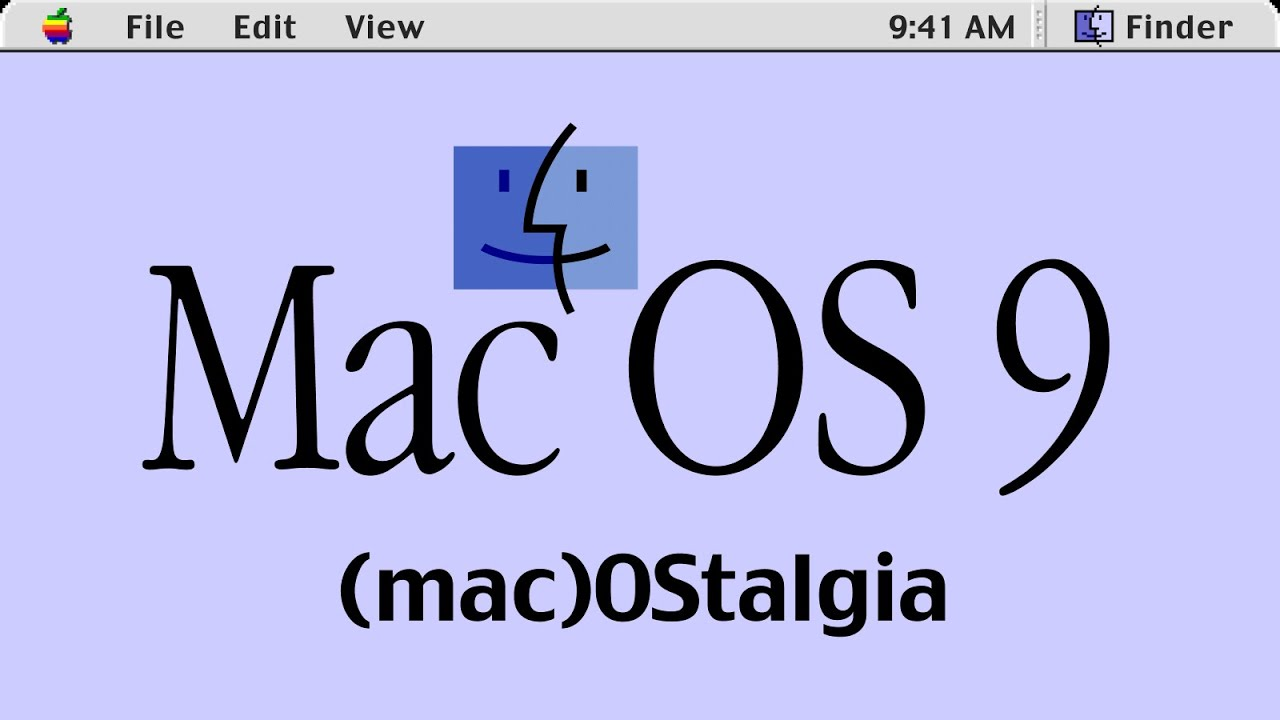

I feel this is a bit of a moot point from the White House. Memory-safe languages have been around for decades. I feel like the amount of C/C++ out there isn’t so much that people think having dangerous stuff around is good, but more that nobody really wants to pay to change it.














of course!